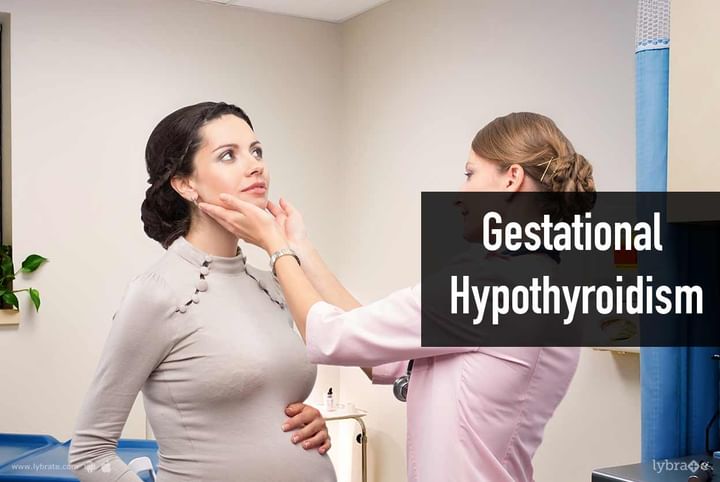Gestational Hypothyroidism
During pregnancy, it is not uncommon for women to contract thyroid diseases like gestational hyperthyroidism and gestational hypothyroidism. The main problem, however, is that the symptoms of gestational hypothyroidism are very much similar to those, which can be observed during a normal pregnancy. The difficulty in differentiating between the two is the sole reason why many pregnant women are caught unawares, eventually resulting in further complications after the first trimester.
If gestational thyroid diseases are left untreated, you and your baby may experience a ton of problems such as preeclampsia, low birth weight, miscarriage and premature birth amongst others. Needless to say, if you already have a history of pre-existing hypothyroidism, then you will most certainly need more medical attention than is required.
Symptoms:
Symptoms of gestational hypothyroidism, like high fatigue and excessive weight gain, are hardly distinguishable from those associated with a normal pregnancy. Other symptoms can also include:
- Severe constipation
- Goiter
- Muscle cramps
- Trouble sleeping
- Hair loss
- Dry skin
- Difficulty in concentration
- Memory problems
- Anxiety
- Intolerance to cold temperatures
Causes:
There may be a variety of causes that are responsible for the development of gestational hypothyroidism but the most common cause is usually an autoimmune disease known as Hashimoto's thyroiditis, which stimulates the body's immune system to attack thyroid gland cells, leading to a deficiency in the number of active thyroid cells and enzymes, and ultimately resulting in a shortage of the thyroid hormone.
Treatment:
Treatment for gestational hypothyroidism is normally uncomplicated, and follows just two simple steps:
- Proper diagnosis, via the use of a synthetic hormone called levothyroxine, which is very much similar to the hormone T4 produced by the thyroid.
- Continuous monitoring of thyroid function tests held every four to six weeks during pregnancy.



+1.svg)
